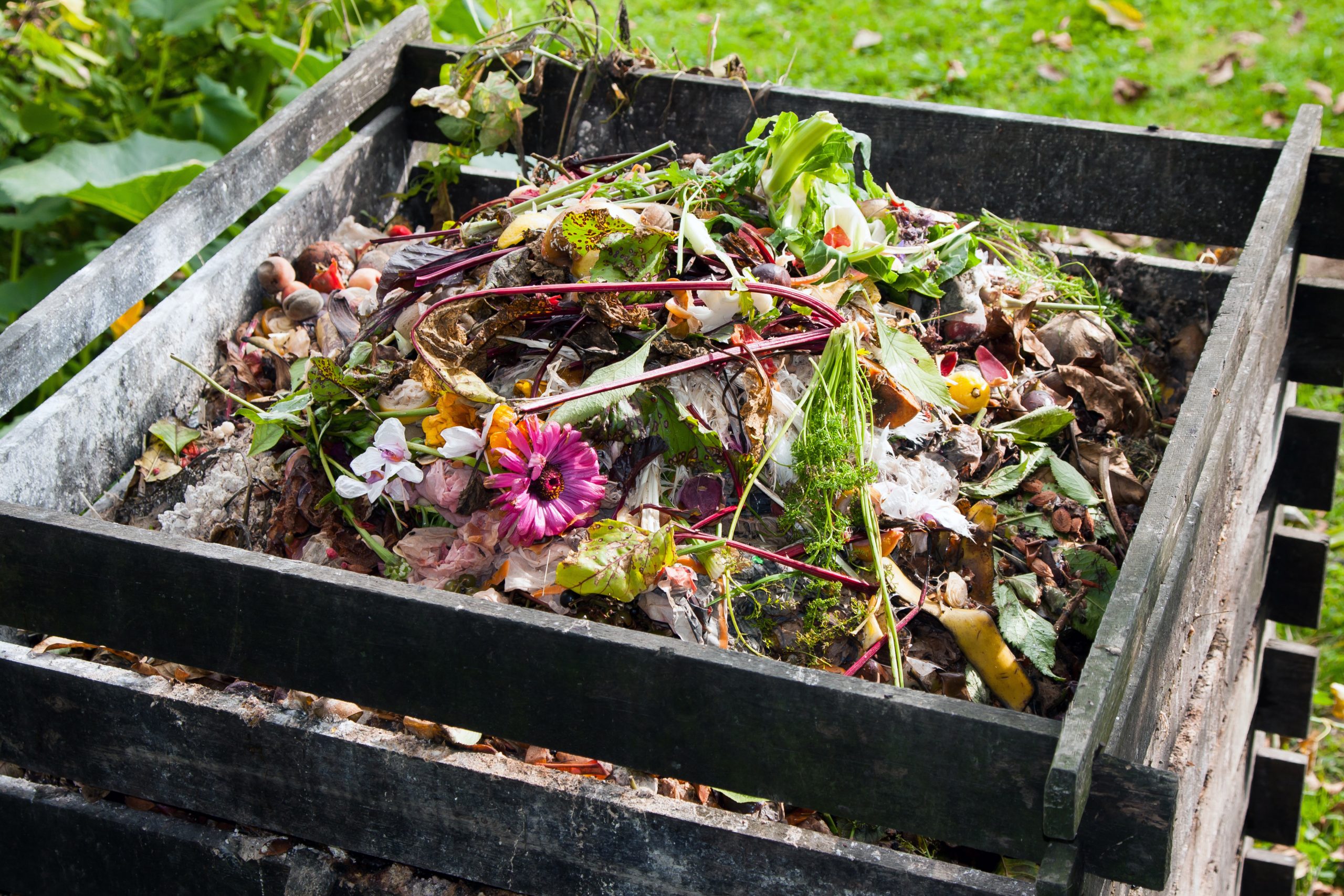Creating gardens which are environmentally-friendly and in keeping with the natural local environment is central to our philosophy and practice at Genesis Gardens.
Central to this is our use of sustainable materials in our gardening projects. We explored this in the recent post What are the most sustainable hard landscaping materials for your garden?
There’s another side to being sustainable in your garden. This is centred around the products used through the year in your garden and the way you manage the space. It’s about mindfully conserving resources and making environmentally-friendly choices.
So let’s explore ways to be as sustainable and environmentally conscious as possible in your garden.
1. Conserve water
Water is, of course, essential to gardens. But the amount of water needed to keep your garden green and healthy will depend very much on the plants you choose.
There are plenty of wonderful plants out there which are comfortable in dry conditions and do not need daily watering. These drought-resistant plants can also help make your garden easier to manage, and make going away on holiday a little bit easier. It’s definitely worth doing your research.
And, it goes without saying, avoid sprinklers and hose pipes and make good use of rain water with water butts – and even waste water.
2. Minimise chemical and pesticide use
Garden pests can be, well, pests! It’s tempting to want to eradicate them at the very first sign. But, if you want to be environmentally conscious, stop and think.
Rather than liberally dousing the garden in pesticides like weedkiller, which can harm wildlife and get into the water supply, start with cultural controls. This includes organic products – they should still be a last resort.
The other important thing is taking care in your choice of plants. Choose native, British grown plants which are well-suited to their environment in the first instance. Then care for them well by allowing plenty of space and ensuring good, well-drained soil, pruning regularly, mulching and rotating crops over time.
Hand-weeding is another obvious thing here, and a regular weeding can keep on top of things. The same goes for removing pests by hand and hoeing.
If you do resort to chemicals, read the labels carefully and choose those labelled as having a low environmental impact, which often means they’re organic.
3. Create wildlife habitats
We’ve talked about this before, but we’ll say it again as it really is important! There are so many ways to make wildlife welcome in your garden.
It could be a hedgehog house, bird table or insect house, all of which are easy to create, and which children or grandchildren will adore. Ponds, especially environmentally-friendly natural clay ponds, are just brilliant for wildlife. We find them super popular with clients, too.
Your way of being wildlife-friendly could be planting plants which attract bees and other pollinators, or creating a wildflower area in your garden. Also, do consider Wildflower Turf. More about that in our post Five beautiful reasons to create a wildflower meadow or use wildflower turf in your garden in 2023.
There are so many ways to make your garden wildlife-friendly, most of them which will bring you joy over the course of the year.
4. Reduce, reuse, and repurpose
Before throwing things out, think about if – and how – they can be reused or repurposed. Piled up logs will create those hedgehog and insect habitats we mentioned above, broken pots can go in the bottom of new pots to help with drainage, even fallen leaves have lots of different uses in your garden.
Home composting is a no-brainer and improves your soil quality in future growing years.
You can also get handy and creative. Old pallets make fantastic garden furniture and compost bins, and plastic bottles can work as plant cloches or to slowly water plants when you’re away. Old double glazed windows can be repurposed into homemade cold frames. And, of course, all kinds of things can be used as planters – even old bathtubs and Belfast sinks!
Be sure to check any materials beforehand for coatings or paint which may not be wildlife friendly.
5. Choose peat-free compost
Peat is critical to the environment – but it needs to remain in the Peatlands where it belongs. UK peatlands store carbon and have done so for at least 10,000 years. Peatlands also play a role in reducing flood risk, improving water quality and providing a habitat for rare species.
So, it’s easy to see why we should leave peat where it is and stop using it in compost. Indeed, in the UK, the sale of peat for domestic gardens will be banned by 2024.
There are plenty of good, peat-free composts out there, just ensure to choose the best one for your purposes.
We’re here to support your sustainable garden in North Wales
Whether you need help with the weeding and maintenance, wildflower turf, or sustainable garden design, our team is always happy to help and advise.
We offer a no-obligation consultation, simply drop us a line to enquire about availability.

